All Stories
-
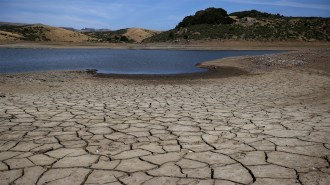
Megadroughts are on the rise worldwide
One of the most extreme megadroughts has helped fuel wildfires in Los Angeles County and elsewhere in California.
-
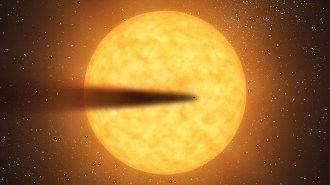 Planetary Science
Planetary ScienceA crumbling exoplanet spills its guts
Astronomers have determined the internal composition of a distant, disintegrating planet for the first time.
-
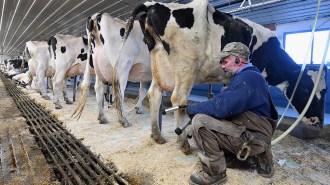 Health & Medicine
Health & MedicineWhat bird flu experts are watching for in 2025
Since early 2024, the U.S. has logged 66 human cases of H5N1. Scientists are keeping a watchful eye on the virus’s spread as we enter a new year.
-
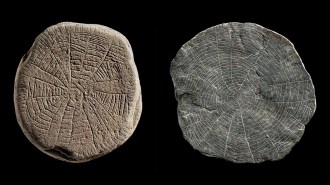 Archaeology
ArchaeologyAncient, engraved stones may have been buried to summon the sun
Members of a Stone Age culture in Denmark may have ritually buried stones to counter the effects of a volcanic eruption.
-

Why the FDA banned the common food dye Red No. 3
Evidence that the synthetic dye Red No. 3 is harmful comes from studies in rats, not people. Food companies now have two years to remove it from products.
By Meghan Rosen -
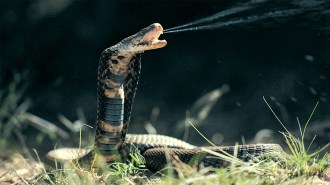 Health & Medicine
Health & MedicineLethal snake venom may be countered by new AI-designed proteins
The current way to produce antivenoms is antiquated. Experiments in mice suggest that an artificial intelligence approach could save time and money.
By Meghan Rosen -
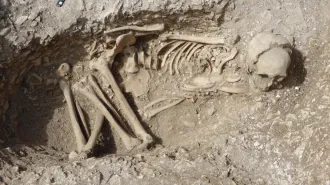 Genetics
GeneticsIron Age Celtic women’s social and political power just got a boost
Ancient DNA indicates women stayed in their home communities and married partners from outside the area.
By Bruce Bower -
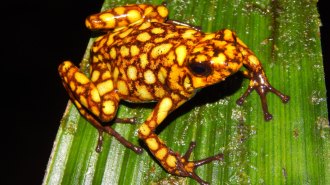 Life
LifeToxin-gobbling bacteria may live on poison dart frog skin
Toxins on poison dart frog skin mold the skin's microbial community, boosting species variety and potentially even feeding some daredevil bacteria.
By Jake Buehler -
 Animals
AnimalsHand-feeding squirrels accidentally changed their skulls
When fed peanuts, red squirrels in Britain developed weaker bites — showing that food supplements to threatened animals could have unintended side effects.
-
 Health & Medicine
Health & MedicineObesity needs a new definition beyond BMI, health experts argue
Experts say clinical obesity is more than a high BMI and instead is a disease in which excess body fat harms tissues, organs or doing daily activities.
-
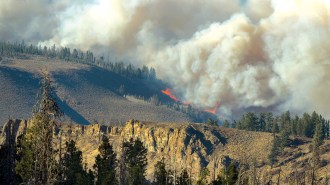 Environment
EnvironmentA podcast challenges us to reassess our relationship with wildfires
United by Fire lays out key insights from the two largest blazes in Colorado history, the Cameron Peak and East Troublesome fires of 2020.
By Nikk Ogasa -
 Health & Medicine
Health & MedicineGot a cold? A placebo might help
Amid doubts over a common decongestant, evidence suggests the placebo effect can still help people suffering from a cold.